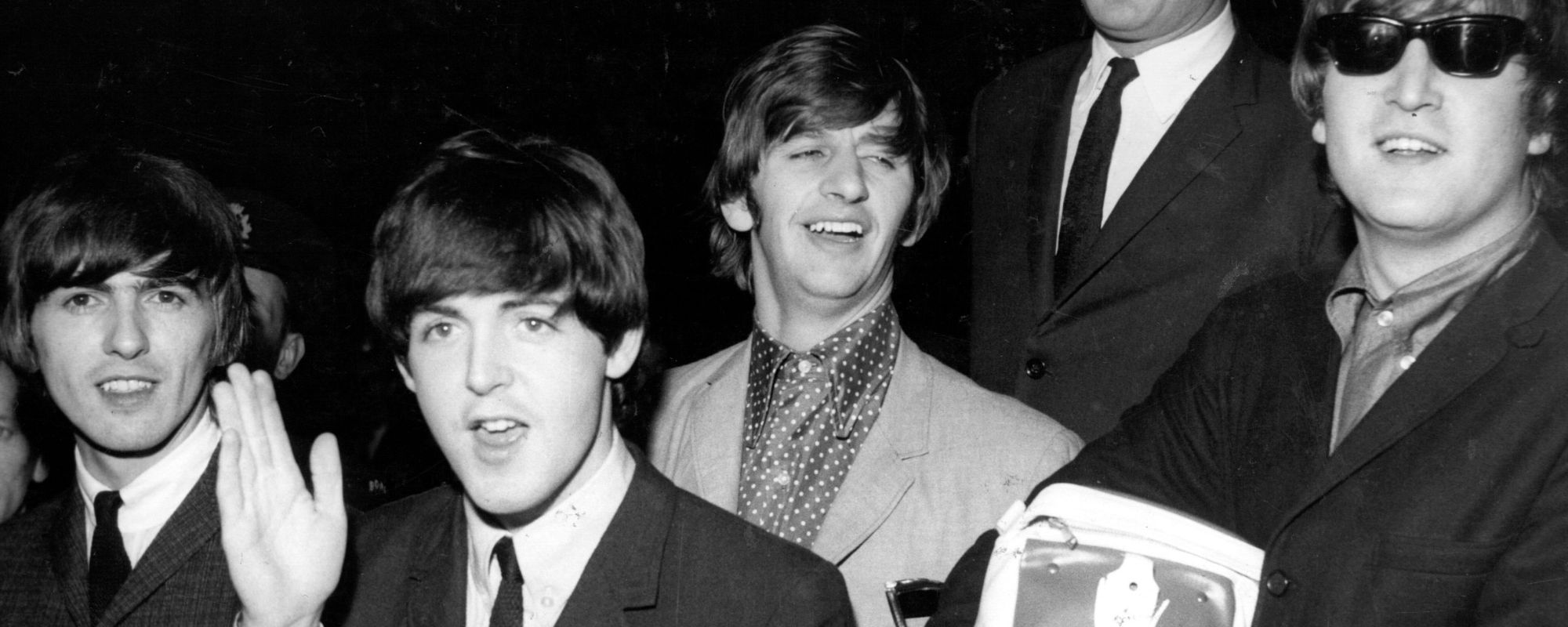If Julius Caesar was supposed to beware the Ides of March, then perhaps musicians should do the same for the Nones of October. Indeed, the first week of the month has historically brought about some of the greatest losses in music history. From early folk to rock ‘n’ roll, no one decade or genre seems to be the most likely to fall in line with this macabre coincidence.
Videos by American Songwriter
Sister Rosetta Tharpe
Sister Rosetta Tharpe earned her honorary title of the Godmother of Rock ‘n’ Roll with her innovative combination of gospel music and electric guitar. The heavy distortion she put into her guitar tone became the basis for rock ‘n’ roll that came after her. This included Little Richard, Chuck Berry, and Tina Turner. She died from complications of a stroke on October 9, 1973.
Woody Guthrie
Woody Guthrie penned classic folk songs, such as “This Land Is Your Land,” in the early 1940s. He was a monumental influence on American folk music in general, not the least of which was his inspiring a young musician from Minnesota who would later go on to perform under the stage name Bob Dylan. Guthrie died of Huntington’s disease on October 2, 1967, in a Queens psychiatric center.
Janis Joplin
Rock vocalist Janis Joplin joined the unlucky ranks of the 27 Club after she died of a drug overdose at the Landmark Motor Hotel on October 4, 1970. Coming off the heels of the Summer of Love, Joplin was quickly ascending to the height of her career after dominating the local San Francisco music scene and beyond. One of her most well-known hits, “Me and Bobby McGee”, was released posthumously in 1971.
Tom Petty
Days after Tom Petty wrapped what he was calling his final retirement tour, he died in his home from an accidental overdose. Petty was suffering from a broken hip at the time. His family believed he was trying to manage the pain. Petty left behind an astounding rock ‘n’ roll legacy, thanks to his prolific catalogue that blended elements of Southern, heartland, and coastal rock.
Loretta Lynn
Loretta Lynn was 90 years old when she died at her home in Hurricane Mills, Tennessee, on October 4, 2022. She was one of the most prolific, beloved, and at times controversial female voices in the country music industry. Lynn’s hits included “Coal Miner’s Daughter”, “You Ain’t Woman Enough”, and “Fist City”. She was buried on her property beside her husband, Doolittle.
Ginger Baker
Ginger Baker played a large role in establishing the grooves of late 1960s and 70s rock. His work in Blues Incorporated, Cream, Blind Faith, and Fela Kuti, among others, became associated with his fusion of jazz and African rhythms. He was a massive influence to other notable rock drummers like Neil Peart, John Bonham, and more. Baker died in a Canterbury hospital from complications of COPD on October 6, 2019.
Larry Junstrom
Larry Junstrom was in the earliest incarnation of Lynyrd Skynyrd throughout the 1960s. But he left before the band released their debut album. He joined Ronnie Van Zant’s younger brother, Donnie Van Zant, in a musical project called .38 Special. The bassist played with .38 Special for nearly four decades before retiring to Florida. Junstrom died on October 5, 2019.
Eddie Van Halen
Eddie Van Halen helped define 1980s rock ‘n’ roll with his distinct guitar tapping technique and penchant for writing hits like “Jump” and “Runnin’ With the Devil”. The guitarist had been suffering from various health problems for years by the time of his death on October 6, 2020. He and his brother Alex’s eponymous band, Van Halen, remains one of the most influential and decade-defining bands of rock history.
Photo by James Kriegsmann/Michael Ochs Archives/Getty Images








Leave a Reply
Only members can comment. Become a member. Already a member? Log in.